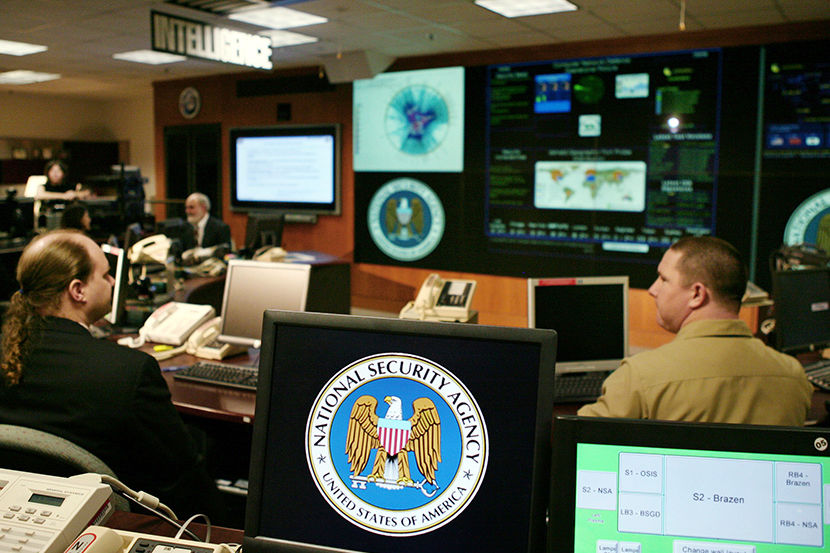
By Steve Benen
The National Security Agency’s program on collecting bulk information on telephone calls has struggled at times in the courts, but as NBC News’ Pete Williams reported, the program’s setback at a federal appeals court today is its biggest defeat yet.
MSNBC LIVE WITH THOMAS ROBERTS, 5/7/15, 1:04 PM ET
Court decision rejects govt. justification for NSA phone program
A three-judge panel of the Second Circuit Court of Appeals in New York unanimously found that Congress has not given the NSA approval for storing massive amounts of data so that it can be searched later.
The court said federal law permits gathering information only when there’s something specific to investigate. By contrast, today’s ruling says, the government is storing huge amounts of data so that it can be searched later when the need arises.
The court ruling is available in its entirety here (pdf). The opinion was written by Judge Gerard E. Lynch, a President Obama appointee.
The unanimous appeals court panel conceded that a program like the NSA’s may be a valuable national-security tool, but “such a monumental shift in our approach to combating terrorism requires a clear signal from Congress.”
The ruling added that the Second Circuit finds the metadata program illegal “in the full understanding that if Congress chooses to authorize such a far-reaching and unprecedented program, it has every opportunity to do so, and to do so unambiguously.”
That’s no small detail given the current debate on Capitol Hill. As the New York Times report noted, “The House appears ready to pass a bill next week that would end the government’s bulk collection of phone records and replace it with a new program that would preserve the ability to analyze links between callers to hunt for terrorists but keep the bulk records in the hands of phone companies.”
The bill faces long odds in the Senate, where the Republican majority largely supports the status quo, including the “Section 215” provision of the Patriot Act that was used to justify the NSA program in the first place.
As a practical matter, this congressional disagreement is likely to make an important difference – today’s appeals court ruling didn’t strike down the NSA program, but rather, sent it back to a lower court while the debate in Congress continues.
If lawmakers fail to do anything – always a distinct possibility – the legal dispute over the program’s constitutionality would begin anew.
Postscript: The politics of the issue gets tricky to the extent that supporters and opponents cross traditional partisan lines. Many leading Senate Republicans denounced today’s ruling, for example, while Sen. Rand Paul (R-Ky.) celebrated the news.
It’s worth noting that Paul announced plans in January 2014 to file a legal challenge against this same NSA program. As part of the announcement, the Kentucky Republican asked like-minded Americans to help fight “Big Brother” by giving the U.S. senator their name, email address, zip code, as well as a possible financial contribution.
Paul’s suit was eventually filed, though eight months later, it was put on hold pending judicial consideration of other, similar cases.



